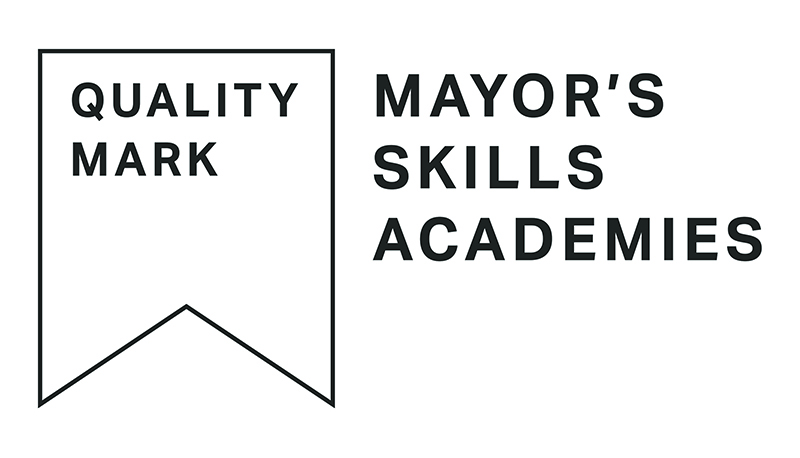A BTEC in Sport is a vocational course that teaches students both the knowledge and practical skills required to pursue a career in the sports industry. But what does that actually mean?
What can I really do with a BTEC in Sport?
For a start, university is still an option. More and more students are applying to universities with BTECs — and they’re getting into the top ones to study their chosen degree subjects too!
Did you know, the number of students going to uni with a BTEC or vocational qualification versus an A Level, has risen by 300% in the last decade. That’s a huge jump.
After completing your Level 3 BTEC in Sport you could begin to look at directly applying for roles such as:
· Assistant Sports Coach
· Sports Activity Leader
· Community Sports Assistant
However, the course also acts as a stepping stone to go on to higher education or a higher level apprenticeship that will give you the additional skills to perhaps go into teaching, or work as a professional coach — or even as a physio, nutritionist or personal trainer. There are a huge range of jobs within the Sports sector that you may not have even heard of.
So, what are the typical careers in sport after you’ve completed higher education?
Sport and exercise psychologist
Sports and exercise psychologists work with both professional and amateur athletes, coaches and referees. They offer services based on the role of psychology and mental agility in sport to help to prepare sports professionals on the demands of their careers.
Personal trainer
Personal trainers develop individual-based fitness programs for clients to assist them in achieving their full fitness, weight-loss or muscle gain and strength goals. A personal trainer is typically more qualified in terms of fitness knowledge, and can offer tailored health and exercise advice to their clients.
Sports therapist
A sports therapist’s role is to make sure that people performing sports or who are involved in any form of exercise and training are competing as safely as possible. A sports therapist would be the person who is first to respond should there be a sport or exercise-related injury. They would be able to advise and use a vast range of techniques to help rehabilitation.
Once you have completed a sports qualification at degree level, you may decide a conventional career in sport is not for you. Well, there are many other jobs in different fields where your degree would give you a foot in the door because the anatomy and physiology knowledge you will have gained is highly regarded.
These may include:
A university lecturer, sports event manager, health promotion specialist, a nurse, MRI technologist, biomedical engineer, healthcare scientist, clinical scientist or even a pharmacologist.
The sports industry is a rapidly growing one and can offer you career opportunities both across the UK and internationally!
Get qualified with us! We offer professional sports programmes and qualifications starting from Level 1 up to our Level 5 Higher National Diploma (HND) find out more here.












































